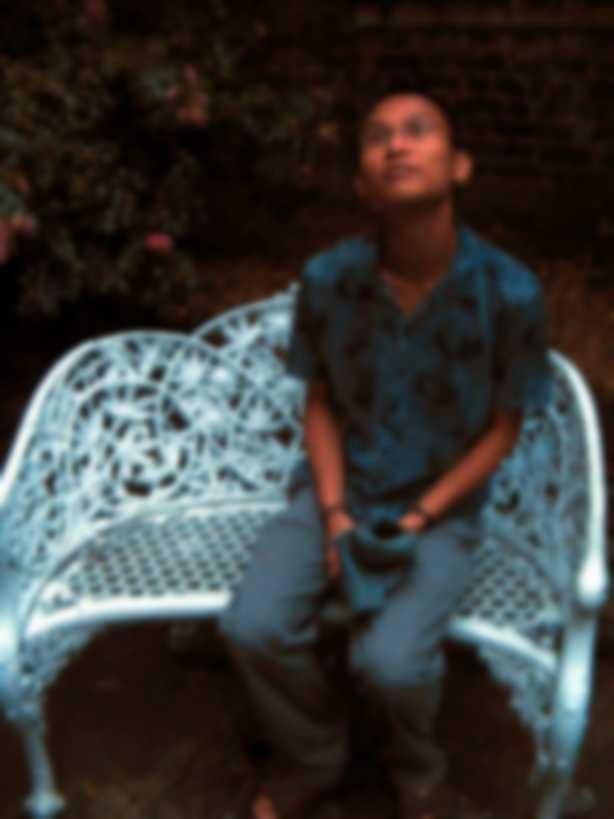You are what you read ...
Obviously, reading Butler does not make me Butler.
Reading Einstein doesn't make him Einstein.
Reading Nora Brown does not make her Nora Brown.
But just like for eating (you are what you eat), what one reads is not just a reflection of one's likes and dislikes, but can also be a key influence and reinforcement of one's ideas, ideology and character.
I've just borrowed another set of books from the National Library. Amongst them is: Critical intellectuals on writing, which is edited by Olson and Worsham, and includes interviews of leading intellectuals including Judith Butler, Paulo Freire, Noah Chomsky and Jean-Francis Lyotard.
I love its opening chapter.
It starts off by attempting to delineate the difference between academic and intellectual writing:
"Simply stated, the distinction is this: academic work is inherently conservative inasmuch as it seeks, first to fulfill the relatively narrow and policed goals and interests of a given discipline or profession and second, to fulfill the increasingly corporatised mission of higher education; intellectual work, in contrast, is relentless critical, self-critical, and potentially revolutionary, for it aims to critique, change, and even destroy institutions, disciplines and professions that rationalise exploitation, inequality and injustice."
In this book, 27 thinkers discuss "whether they consider themselves to be writers, what their specific writing habits are, how writing relates to intellectual work and the politics of intellectual work".
I've only browsed through sections of the book, but I really really like Judith Butler's ideas.
For example, Butler is "fascinated by the connection between difficult language and the opening up of new ways of understanding the world" and is "very much seduced by the notion that some newness of the world (is) going to be opened up with messing with grammar as it has been received". Butler believes that the notion that intellectual scholarship should necessarily be transparent or clear would serve to shut down thought. However, she does believe that intellectuals should be able to "shift registers", "to work at various levels and to communicate in various ways to various audiences".
For Butler, being a critical intellectual means "constantly interrogating our assumptions, continually calling things into question, not necessarily to do away with what is being questioned but, rather, to discover, for example, how terms might assume new meanings in new contexts". Such a stance means learning to "live in the anxiety of that questioning without closing it down too closely". True critical thinking is "always to be accompanied by a certain unease"; "anxiety accompanies something like the witnessing of new possibilities".
Okay. I'm not going to claim to be a critical intellectual. Or even to be an intellectual of any sort (except maybe of the pseudo species).
But, I like to ask questions, not usually for clear cut answers but more commonly for stuff that I can further question. I like the idea of not knowing what is truth. I like being able to question not only the veracity of truths but also the existence of truth. I like knowing that I do not know.
This propensity to be critical, I guess, has come across sometimes as unforgiving.
When it comes to religion, it can also come across as close-minded and a refusal to accept 'truth'. Sighz, I am only trying to be open-minded. The discourse of religion is perhaps by nature closed. Ironically, an 'open-minded' acceptance of one particular religion may necessitate a close-mindedness of the various possibilities of other religions. As I have stated before, I am reluctant to close off these possibilities. If this means that I am spiritually unrooted and unanchored, then so be it.
That's enough of my rambling for now.
I'm going to have lunch, skim through this book, and watch Full House, and da bao Hokkien mee for dinner, and visit my granny at the nursing home today.
I might post more quotes from the book later.
Laterz. :)


2 Comments:
you can be critical and forgiving you know ... .... sometimes it's a matter of subtle things like tone of voice, gesture ...
two different things, in other words ...
2:42 pm
Have commented on this on my blog.
Interestingly, Bourdieu has always maintained that academic discourse IS meant to be critical discourse.
That assumption is still true even in Homo Academicus, where he looks at how beholden scholars are to the history of the academy.
12:54 pm
Post a Comment
<< Home